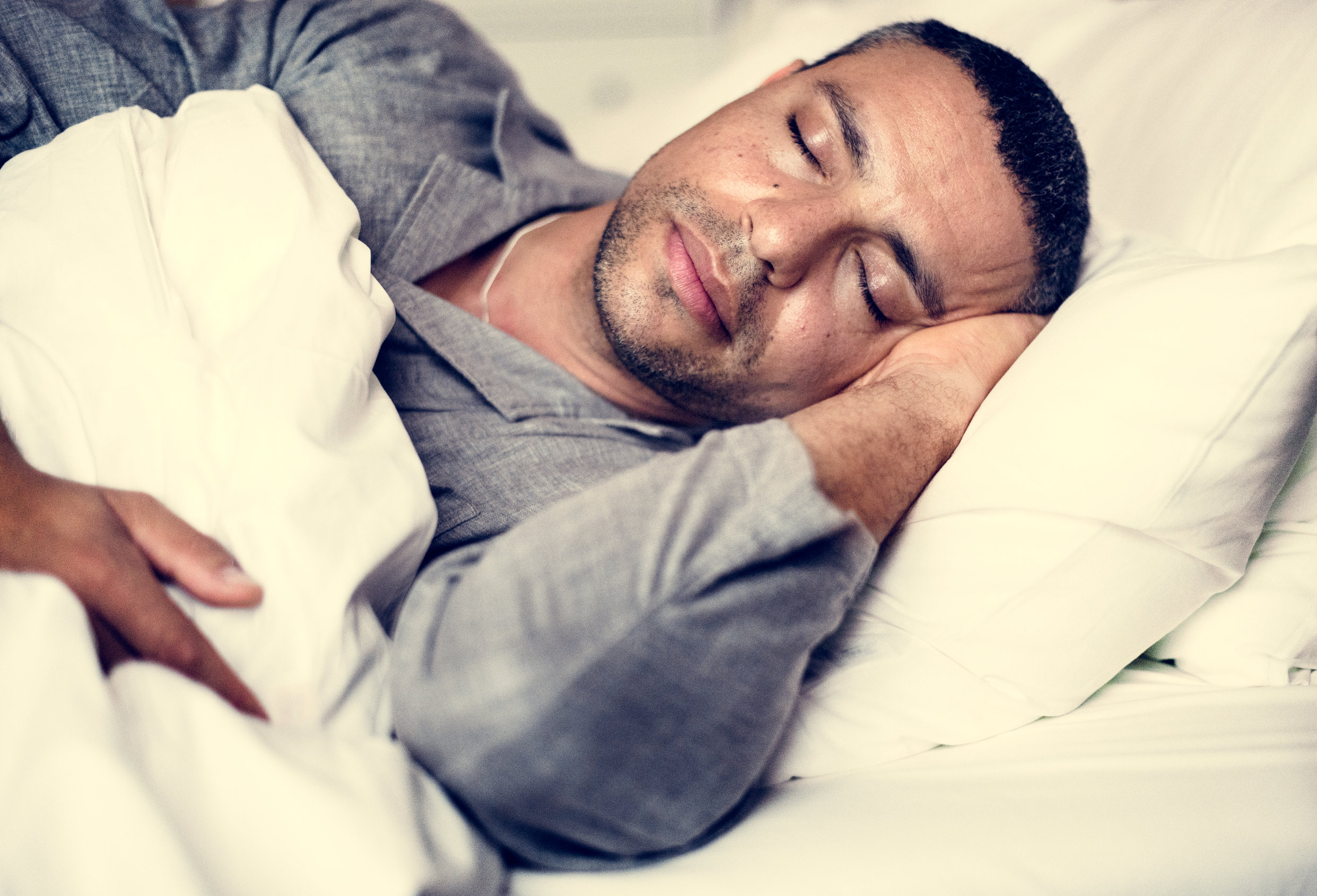”Florida, what role does pain play in your life? Unfortunately, chronic pain is a part of many people's lives. But did you know that better sleep can alleviate pain levels? You can learn more in this week's article. We hope you find this helpful!
Reading Time: 4 Minutes
MWi Hacks:
- Learn about the relationship between pain and sleep, and how sleep can be a powerful intervention for pain.
MWi Summary:
- There’s a bidirectional relationship between pain and sleep: Pain makes it harder to sleep and poor sleep increases perception of pain.
- Research has shown that chronic, low-grade inflammation that often comes with chronic pain can lead to cardiovascular disease and type 2 diabetes.
- The studies that support this relationship between pain and sleep have larger public health implications: How many opioid-related morbidities/mortalities could be avoided if we chose to focus on sleep interventions instead.
The cell phone blares out reveille. Your eyes open reluctantly and you realize it’s morning, having only gone to bed four hours earlier because of a late-night party. You creak out of bed to ready yourself for work, arthritic joints hurting much more than usual. A painful day lies ahead even after taking ibuprofen. Does this sound familiar? If it does, you are not alone. Nearly 70% of Americans report getting insufficient sleep on a regular basis, and approximately 20% of Americans suffer from chronic pain. Recently, the intersection between these two conditions has become more apparent.
The association between sleep deficiency or poor quality sleep and increased perception of pain from various medical conditions is well known; poor sleep quality predicts greater intensity of pain from conditions such as back strain, arthritis, and fibromyalgia. In many cases, the relationship is bi-directional. For example, my colleagues and I have documented that heartburn is worse after a poor night’s sleep, and conversely, heartburn can result in disrupted sleep.
Recent studies now provide a greater understanding of why pain worsens after poor sleep. In brain imaging studies using magnetic resonance imaging (MRI), there is greater activation of brain regions controlling the perception of pain after a poor night’s sleep. In addition, the activity of other brain regions responsible for dampening the sensation of increased pain is reduced. The net effect is that the perception of pain is accentuated after a poor or inadequate amount of sleep. Importantly, this observation is not just a phenomenon confined to the laboratory. In surveys of individuals with chronic pain, a night of poor sleep predicts worse pain.
Protect yourself from the damage of chronic inflammation.
Science has proven that chronic, low-grade inflammation can turn into a silent killer that contributes to cardiovascular disease, cancer, type 2 diabetes and other conditions. Get simple tips to fight inflammation and stay healthy — from Harvard Medical School experts.
The relationship between poor quality sleep and worsening pain has important implications for individuals experiencing both acute and chronic pain. More or better sleep may lessen the pain that they are experiencing.
There also is a potential public health message that cannot be ignored. The opioid epidemic is rampant in the United States, related in part to the overprescription of opioids for chronic pain. Unfortunately, addiction and inadvertent overdoses are increasingly frequent. How many opioid-related deaths can be avoided if an intervention to improve sleep is implemented? The answer is not known. However, better sleep is inexpensive and generally does not require a physician’s prescription. In addition to other initiatives to address the opioid epidemic, messaging about the benefits of sleep on reducing the perception of pain could be a cost-effective public health investment.
MWi would like to thank Stuart Quan, MD, for his expert insights that we were able to share with our community. To read the original article click the button below!






